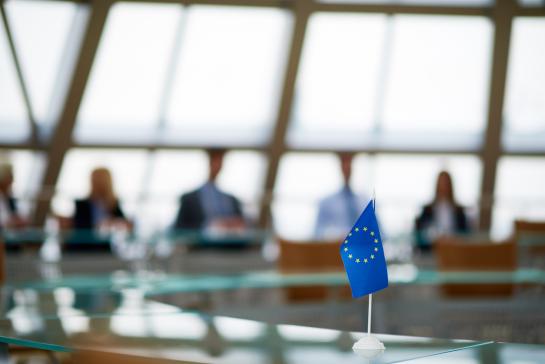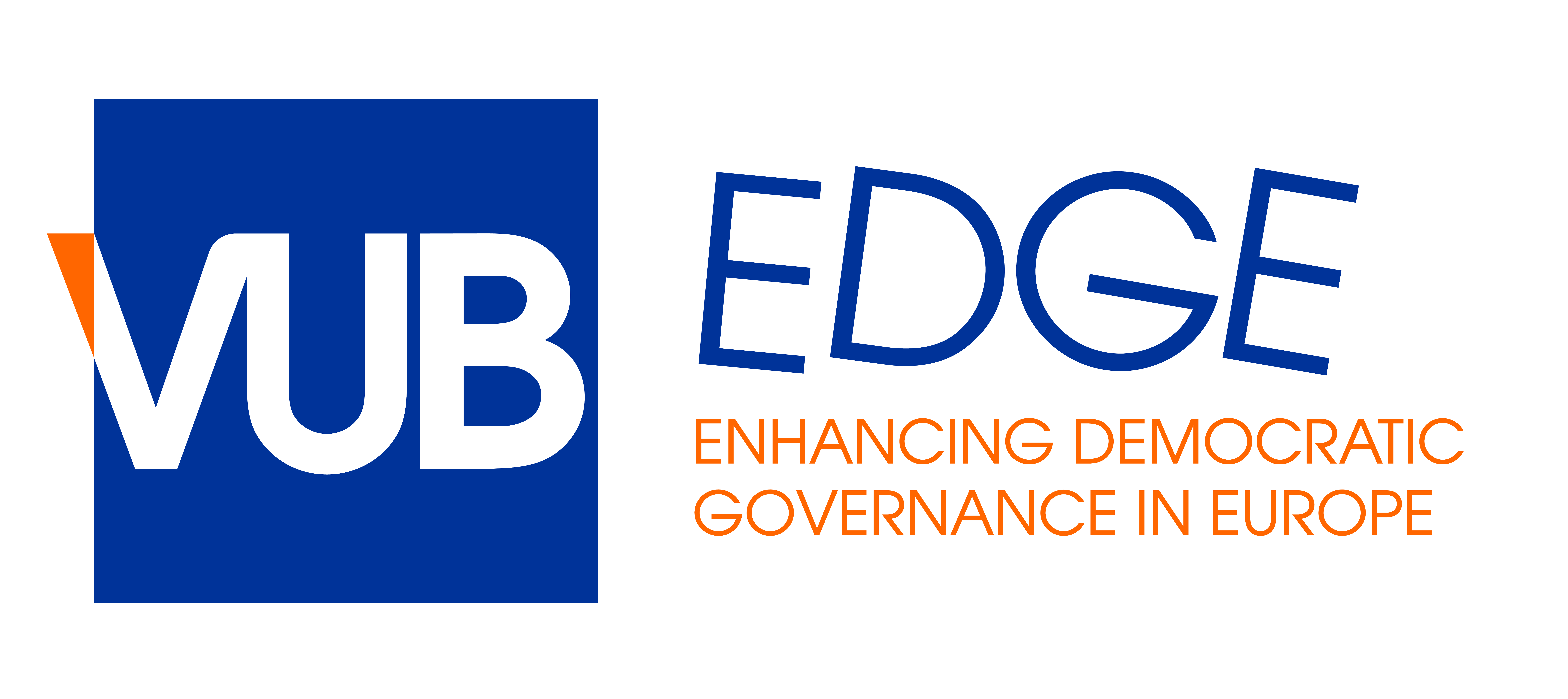
by Angela Tacea and Florian Trauner
It is often claimed that up to 80 per cent of all laws adopted in the different EU member states have their origin in Brussels and the EU. Even if scholars have debunked this myth (showing that only 10 to 30 per cent of national legislation is of European origin), it is beyond doubt the EU’s legislative process and operational activities have a strong and ever growing impact on the lives of European citizens and residents. It is hence important to understand the exact role and potential that the different parliaments of the EU have in the oversight of executive actors at EU level.
In an open-access research project, Angela Tacea and Florian Trauner looked at interparliamentary cooperation in the Area of Freedom, Security and Justice. This field covers the regulation of issues that are very sensitive from a perspective of civil liberties and human rights, including internal security, data protection, migration and asylum. Over the years, the European Parliament (EP) has received more competences and become a co-legislator equal in standing with the Council of the EU. A process of empowerment has also targeted the national parliaments (NPs) of the member states. NPs are now supposed to control the respect of the principle of subsidiarity through the Early Warning Mechanism and are involved in the oversight of home affairs agencies, such as Europol and Eurojust. As a consequence, the parliamentarians at EU and national levels have started to meet more often in specialised interparliamentary formats. However, to what extent does the interparliamentary cooperation actually lead to more parliamentary oversight of EU executive actors?
The research project focuses on two case studies. Legislative scrutiny is examined for the case of the General Data Protection Regulation (GDPR), which has been a very scrutinized and contentious legislative proposal. It establishes common EU rules regarding the processing and free movement of personal data. During the legislative process, the NPs and the EP met several times to exchange information. However, the timing of the meetings and the fluctuating participation of national parliamentarians limited the possibility of joint oversight, not between national parliaments themselves, neither between the EP and national parliaments. Even when the meetings were organized with the aim of adopting a joint position, their outreach remained low. We can see a prevailing pattern of individual parliamentary oversight. This implies that NPs were primarily concentrated on the position of their national governments and the EP at the EU legislative process. This is not to say that interparliamentary meetings did not serve any purpose. They were a good source of extracting information necessary to better oversee the executives. In this sense, interparliamentary cooperation may have had an indirect effect on parliamentary scrutiny both at the national and European level – but it is clear that the EP and NPs could do better in terms of interparliamentary cooperation.
The second case study has been the ‘Joint Parliamentary Scrutiny Group’ (JPSG) over Europol. This is a format in which national and European parliamentarians meet twice a year to monitor Europol’s activities. Still, the cooperation of NPs and the EP has not evolved among equals. The EP’s specialised committee – called the ‘LIBE committee’ – has retained more rights individually compared to the joint supervisory body (notably regarding the budget and the appointment of Europol’s management). The EP has been in an advantageous position not only due to these legal competences but also because of its more intimate knowledge of EU- and agency-related developments. The national parliaments have had a higher level of fluctuation of their participating members, with little follow-up and coordination among themselves. A main benefit of the JPSG has been to improve the institutional knowledge of and about Europol in national capitals – but not to exercise joint oversight.
How could interparliamentary cooperation lead to more truly joint oversight? The existing rules – e.g. a lack of a right to adopt binding conclusions – are one issue. Others are related to the way in which the interparliamentary cooperation has been set up from a procedural point of view. A closer alignment of the interparliamentary meetings with the EU policy-cycle, expert parliamentarians, who are nominated for the duration of their parliamentary mandate, national structures to follow up and proceed the interparliamentary work would certainly bring added value. At present, the interparliamentary dimension is primarily a symbolic layer to the individual oversight done by NPs at national and the EP at European level. This can be changed but it requires political focus and will.
* This post is based upon the article: Tacea, Angela and Florian Trauner (2021): The European and national parliaments in the Area of Freedom, Security and Justice: do more interparliamentary cooperation lead to joint oversight?, Journal of Legislative Studies, DOI: 10.1080/13572334.2021.2015559
-
Angela Tacea: Brussels School of Governance, Vrije Universiteit Brussel, Angela.Tacea@vub.be
-
Florian Trauner: Brussels School of Governance, Vrije Universiteit Brussel, Florian.Trauner@vub.be

Add new comment